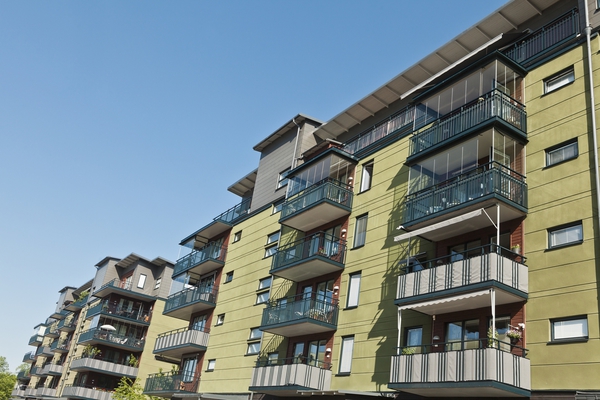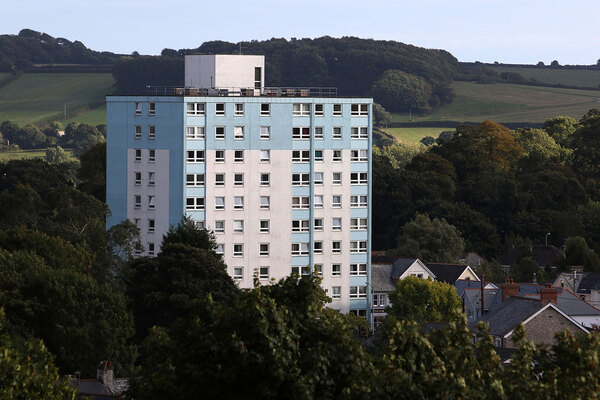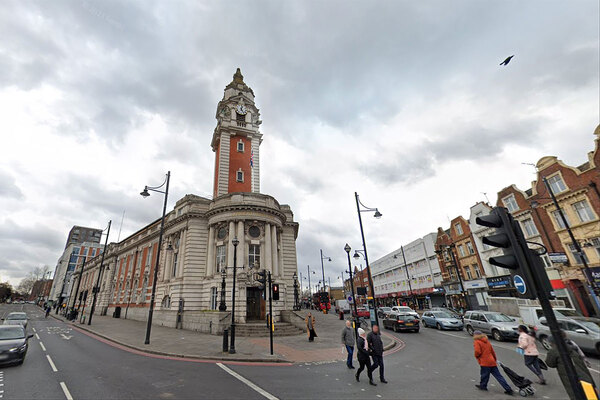You are viewing 1 of your 1 free articles
 Jules Birch
Jules BirchScotland goes its own way
 Jules Birch
Jules BirchRent control and increased security of tenure are back on the government agenda for the private rented sector for the first time in 30 years.
I am of course talking about the Scottish Government, which yesterday confirmed plans for a Private Tenancies Bill as part of its Programme for Scotland 2015/16. The Bill will ‘provide more predictable rents and protection for tenants against excessive rent increases, including the ability to introduce local rent controls for rent pressure areas’.
And it will introduce a Scottish Private Rented Tenancy to replace the current assured system and remove the ‘no-fault’ ground for repossession. That means the landlord will no longer be able to ask a tenant to leave just because the fixed term has ended but there will be ‘comprehensive and robust grounds for repossession that will allow landlords to regain possession in specified circumstances’.
The Bill has been welcomed by Shelter Scotland as ‘long overdue’ in the face of figures last week showing that the private rented sector has almost trebled in size since 1999. The Living Rent campaign says momentum is growing for the re-introduction of rent controls in Scotland.
But the Scottish Property Federation says it will ‘curtail much-needed supply’ and ‘bring us back to square one’ in efforts to encourage investment in purpose-built rentals.
For an independent assessment, see Ken Gibb’s blog here.
Much of the detail was set out in a second consultation paper on the new tenancy in March.
On rents, this rejected ‘heavy-handed regulation’ but proposed specific protection for tenants against ‘unjustified and excessive increases’, including increases used as a means to evict them’. Tenants would be able to refer increases to tribunals if they are well above rents charged in their area.
The consultation paper also proposed limits on rent increases for sitting tenants in ‘hot-spot areas’. That could mean the two Broad Rental Market Areas in Scotland where the private rent for two-bed properties rose by more than CPI inflation between 2010 and 2014: Lothian (which includes Edinburgh) and Aberdeen and Shire (where rents rose almost 40% but pressure could be reduced by falling oil prices).
On security, the paper proposed 11 grounds for possession including the landlord selling the home, the landlord or a family member wanting to move in to it as well as the tenant not paying the rent over three consecutive months and anti-social behaviour.
Taken together with the abolition of the right to buy, the measures mean Scotland is dismantling many of the key features of the Thatcherite housing reforms of the 1980s. And the programme also includes a pledge to use new legislative powers to tackle some of the key coalition reforms of the 2010s: abolishing rather than just mitigating the bedroom tax and amending the housing provisions for universal credit. That could mean continuing direct payment to landlords, changing the frequency of payments and varying plans for single household payments. .
It remains to be seen how successful the private rented measures will be. The Scottish Government clearly believes it is striking the right balance between protecting tenants and encouraging investment. The history of the regulation of private renting shows that the issue is much more complex than the crude arguments for and against suggest. In particular, power imbalances between landlords and tenants mean that if there are loopholes they will be exploited.
However, it will also be interesting to see the impact on the debate in the rest of Britain.
The Welsh Government has already introduced registration and licensing of landlords and agents and the Renting Homes Bill reforming tenancies is currently going through the National Assembly. The Scottish legislation could increase pressure for amendments to one of its more controversial proposals: the abolition of the six-month moratorium in private tenancies. Supporters say this will make the whole system simpler and more transparent and make little practical difference but critics argue it will leave Welsh tenants even less secure than now.
In England, there is mounting pressure for reform and growing support for rent control. Even the Conservative government is proposing more action against rogue landlords. The Tory case against ‘Venezuelan-style rent controls’ is that they will destroy new supply – something that clearly does not apply to rent cuts in the social sector. Rents and conditions for private tenants are already a key issue in next year’s election for a new mayor of London.
Related stories











